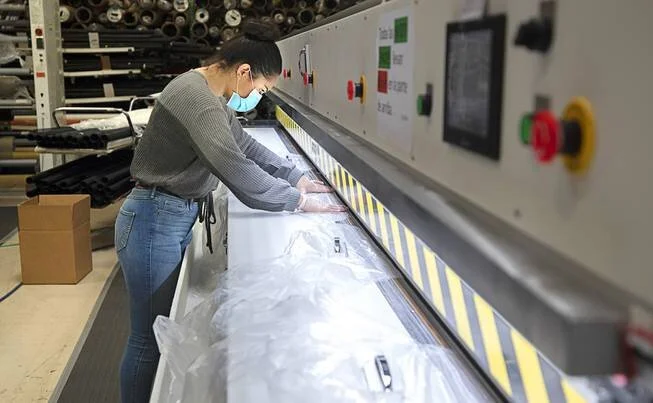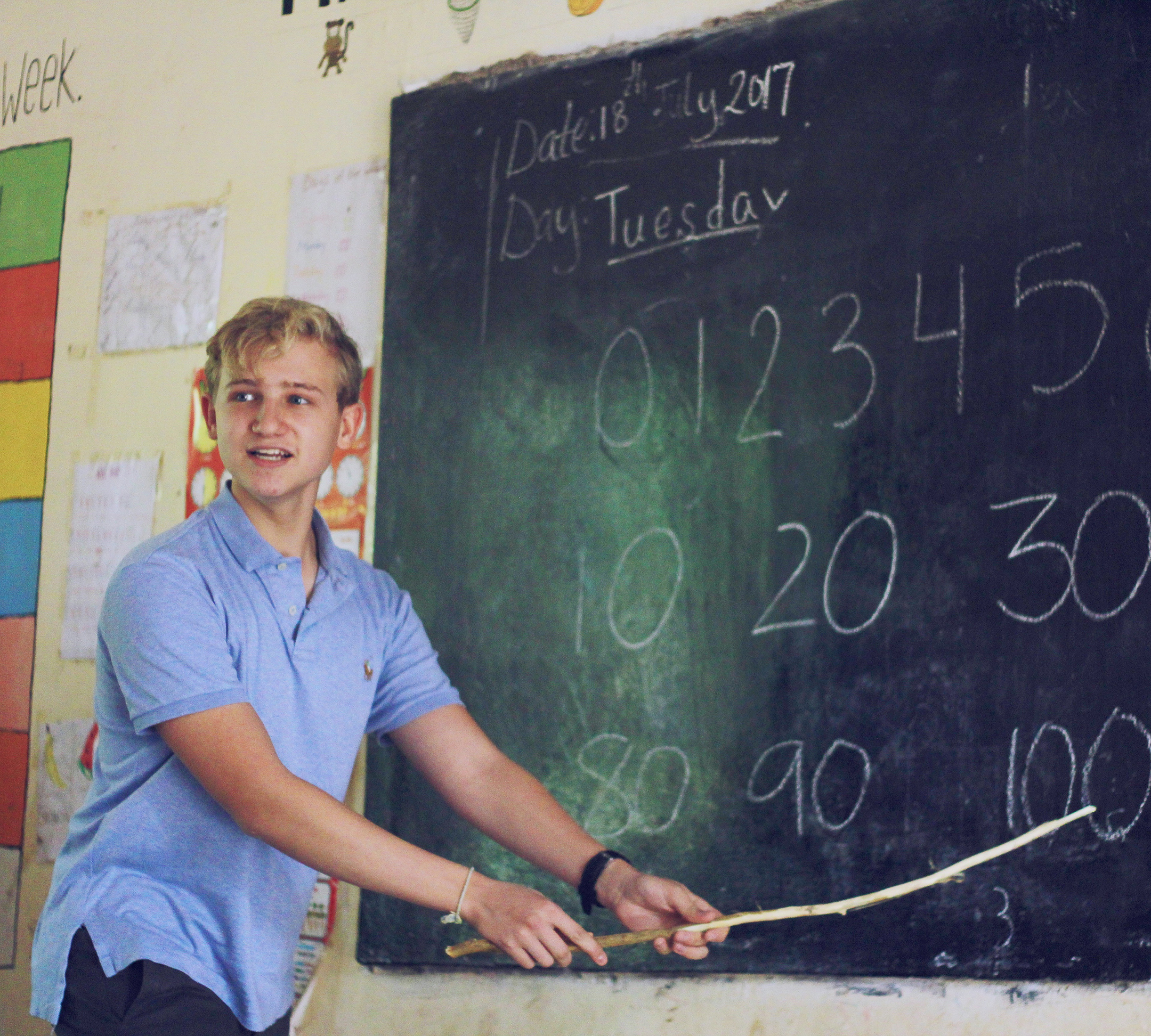By: Valarie Peritz
Preparing for college can be considered an adventure in it’s own right. With the itch of graduation still lurking in a not-so-distant past, the weeks ahead of move in day are daunting. The exhilaration of moving to a new city and creating a new life is matched by a fear of what is being left behind – family, friends, moments once so cherished, that are now just memories.
With his freshman year at the University of California, San Diego within reach, 18-year-old Andre Salehian felt a deep urge to seek one last hurrah before moving into adulthood. Las Vegas is an adventurous city, but he desired more than just a night aimlessly wandering downtown. After countless hours of research and an extensive amount of pleading with his mom, Andre decided to spend his last summer as far away from the bright lights as possible.
Just 6 hours before his greatest adventure was set to begin, the butterflies in Andre’s stomach fluttered him awake. He will be the first person to admit packing is not his strong suit. The clock subtly ticked in the background; with each second, he checked another item off the list: Clothes, check. Toothpaste, check. Passport photos… passport photos… and then it hit him, with just hours before the biggest trip of his life, Andre was missing one of the most crucial elements from his suitcase. He already had a passport, but Andre needed the photos to complete volunteer work. Without them, He would be left behind. Thankfully, a 24-hour town has its perks. A quick stop at Walgreens, and his bags were finally packed. Passport photos, check.
24 hours, three continents and an uncomfortable nap later, and Andre was finally in Tanzania.
This trip was booked through Global Leadership Adventures, also known as GLA. The program helps teens and college students experience the world, while giving back to the communities they explore. So, from day one, Andre’s main priority wasn’t indulging in excursions, although there were plenty to be had, instead, the teen stepped off the plane and immediately went to work.
With three other English speakers by his side, Andre engaged local children in learning activities. He taught 10 year old Swahili-speaking students English concepts like emotions, future, and time. Breaking down the language barrier wasn’t an easy feat, but after days of connecting with nearly 15 children, Andre created emotional bonds that were deeper than the two languages could describe. Even today, months after Andre left the country, the children are still engraved in his daily thoughts.
Andre’s service at the school was not limited to teaching within the classroom. Each day, after cultivating the young minds, he and his fellow GLA volunteers would tighten up their bootstraps to beautify the school. The group painted classrooms, fixed wobbly desks and worked on landscaping. Before Andre left the school, he and his fellow volunteers left their permanent mark by creating a garden for the students. Andre’s hard work will have a lasting impact, by providing a bountiful feast of fruits and vegetables for years to come.
After the work was done, Andre was finally able to play. He roamed across Tanzania, visiting a local tribe, encountering exotic animals and hiking the base of Mount Kilimanjaro.
Andre’s visit with the Maasai Tribe was his first African experience away from the comfort of the school. He was astonished by the dry, dusty lands, which made the Vegas desert appear nearly tropical. Goats roam across the East African Rift, and are used as the primary food source of the Maasai people. The students were aghast after goats they petted just moments before, were slaughtered as a welcome dinner.
Andre was able to visit some Maasai homes, and was amazed by how small the hand built huts appeared. “I thought my room was small,” said Andre. “But this entire house was smaller than my room.”
During Andre’s three weeks abroad, he was bewildered by the contrasting cultures within Tanzania itself, but also the stark similarities between the country and his own home in the United States. He was able to travel to a middle-class area of the country, where residents had cell phones, businesses, and vehicles of their own. Andre admits he expected the country to be in a much worse state, and while there is still rampant poverty, Andre was surprised by the vibrance that gleams out of Tanzania.
With photos of his extraordinary summer in hand, Andre is now prepared for his upcoming adventure. The wistful memories of high school are now a lifetime behind him. Three weeks is not long, but the experience changed him, matured him; it prepared Andre for imminent challenges adulthood will bring.
Next stop – UCSD.




























